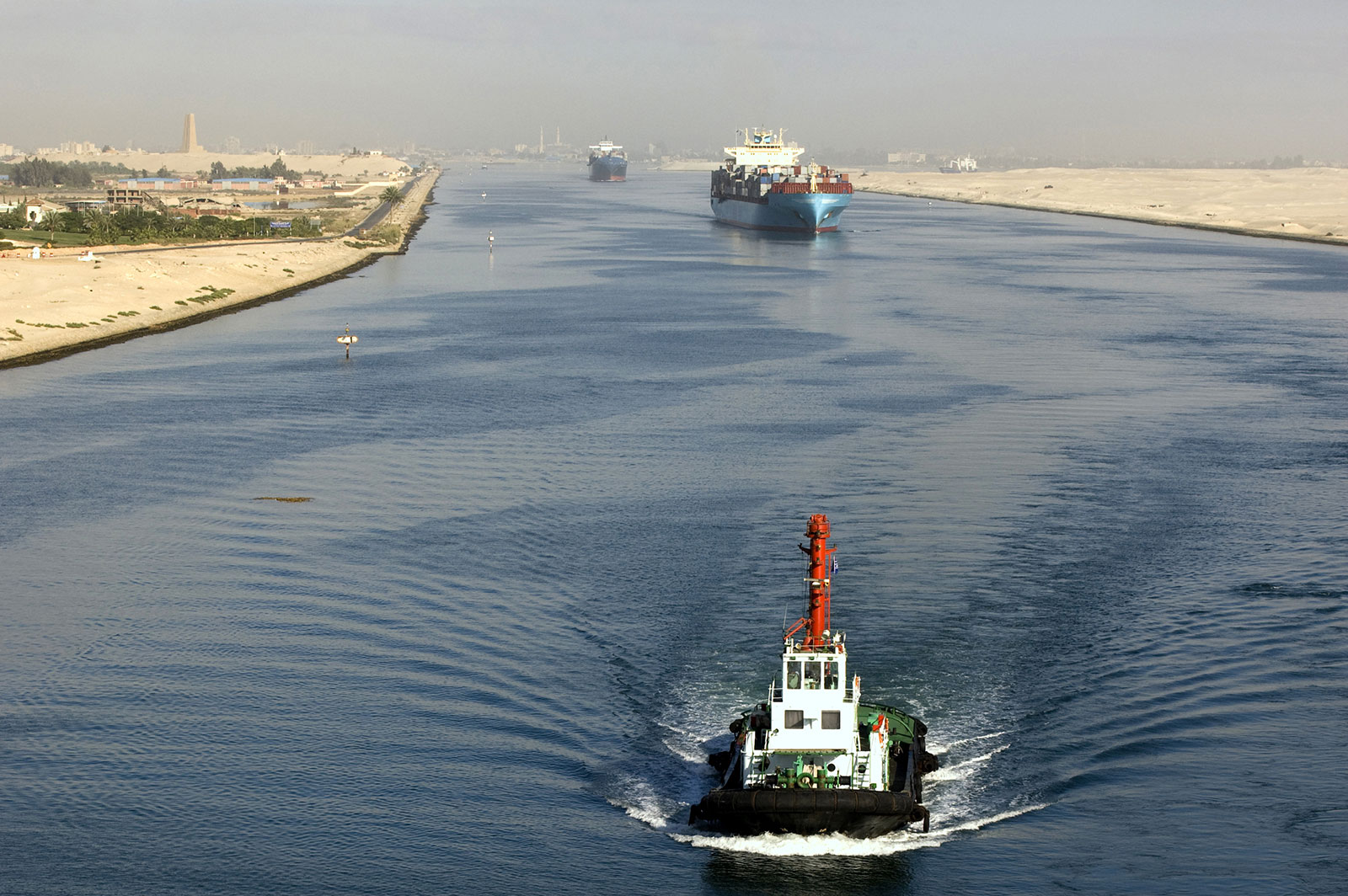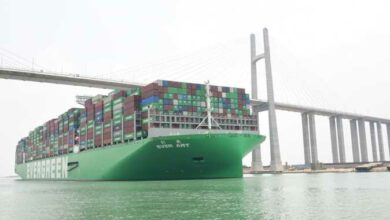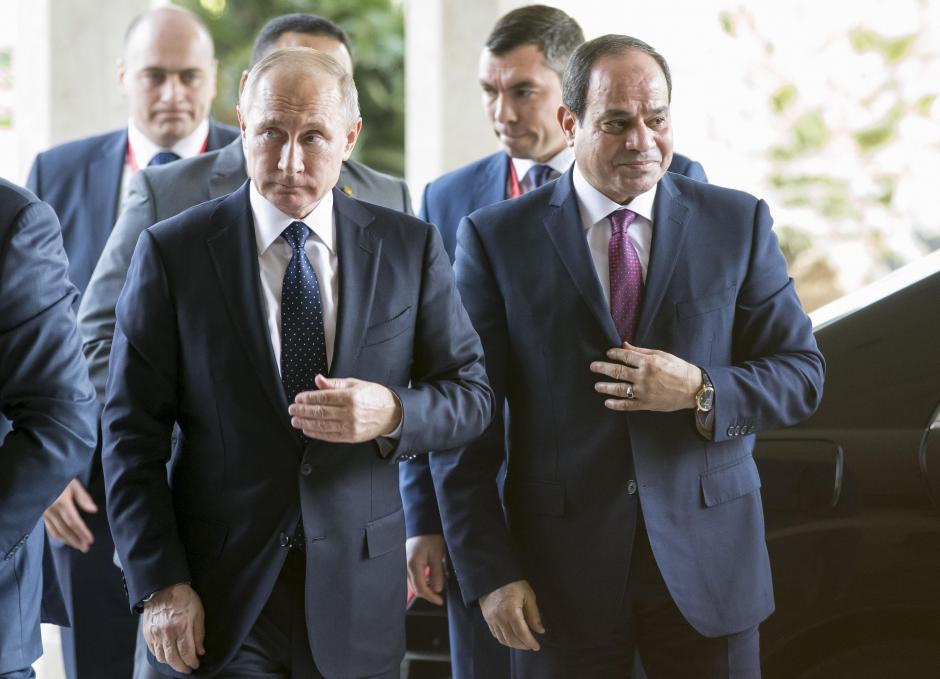Ismailia–Two Iranian naval ships entered the Suez Canal on Tuesday and were heading towards the Mediterranean, a canal official said, a move certain to anger Israel.
"They entered the canal at 5:45 AM," the official told Reuters. No other details were immediately available.
The Suez Canal cuts through Egypt and allows shipping to pass from the Middle East to Europe and vice versa without circumnavigating the southern tip of Africa.
The canal's northern mouth, Port Said, is around 100km (60 miles) from Israel, but the ships' route to Syria, their intended destination, would take them parallel to the Israeli coast. The vessels are a frigate and a supply ship.
Israeli Prime Minister Benjamin Netanyahu had previously said he would take a "grave view" of the passage of the ships, the first Iranian naval vessels to go through the canal since Iran's 1979 Islamic revolution.
Iran appears to be testing the state of affairs in the Middle East after the fall of Egyptian President Hosni Mubarak. A longstanding peace treaty with Egypt is crucial to Israel's regional security.
Israel is anxious about political upheaval in Egypt and other Arab states aligned with its ally the United States.
Polls in Egypt suggest most of the main political forces will be less compliant with Israel and its ally the United States, although no group has called for the abrogation of the Israeli-Egyptian peace treaty.
A recently completed Israeli war game, the first since Mubarak quit Egypt's presidency, concluded it would boost military preparations but try to avoid confrontation unless it sees a greater threat from arch-foe Iran.
Egypt's ruling military council, facing its first diplomatic headache since taking power on 11 February, has approved the vessels' passage through the canal, a vital global trading route and major source of revenues for the Egyptian authorities.
The decision was a difficult one for Egypt's interim government. Cairo is an ally of the United States while its relations with Iran have been strained for more than three decades.
Analysts say Iran sees itself benefiting from the upheaval across the Middle East. Dislodgement and weakening of leaders sympathetic to the United States is likely to embolden Tehran, and lessen the chances of it making concessions on its nuclear programme. Iran denies it intends to build atomic weapons.




